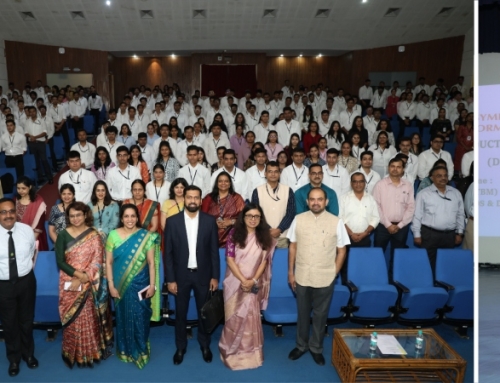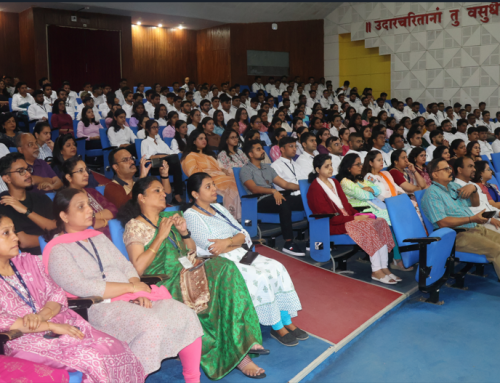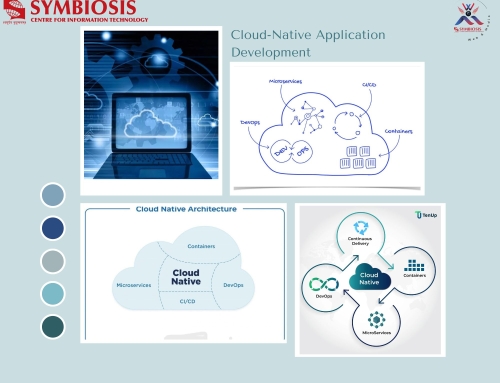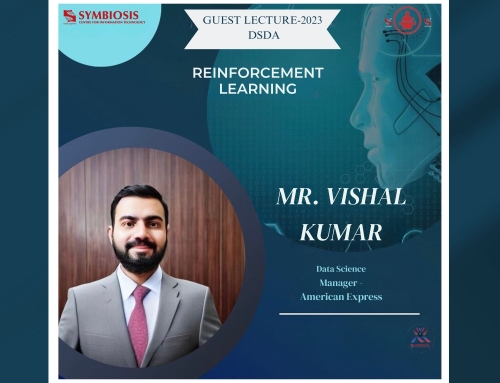Social Entrepreneurs – The New Heroes

Social entrepreneurship is the activity of identifying novel and unique ways of addressing a pressing social need like homelessness or unemployment. Whilst entrepreneurs bring a new product, service or process to market for the purpose of generating income, social entrepreneurs (like the founder of the micro-credit lending facility Grameen Bank, Professor Muhammad Yunis), establish new ventures to generate social value and achieve social change.
What is a Social Entrepreneur?
Social entrepreneurs are individuals with innovative solutions to society’s most pressing social problems. They are ambitious and persistent, tackling major social issues and offering new ideas for wide-scale change.
Rather than leaving societal needs to the government or business sectors, social entrepreneurs find what is not working and solve the problem by changing the system, spreading the solution, and persuading entire societies to take new leaps.
A social entrepreneur is a leader or pragmatic visionary who:
• Achieves large scale, systemic and sustainable social change through a new invention, a different approach, a more rigorous application of known technologies or strategies, or a combination of these.
• Focuses first and foremost on the social and/or ecological value creation and tries to optimize the financial value creation.
• Innovates by finding a new product, a new service, or a new approach to a social problem.
• Continuously refines and adapts approach in response to feedback.
Why “Social” Entrepreneur?
Just as entrepreneurs change the face of business, social entrepreneurs act as the change agents for society, seizing opportunities others miss and improving systems, inventing new approaches, and creating solutions to change society for the better. While a business entrepreneur might create entirely new industries, a social entrepreneur comes up with new solutions to social problems and then implements them on a large scale.
Apart from its associated economic outcomes (access to credit lending in the case of Grameen Bank and training and employment opportunities for the long-term unemployed in the case of Greyston Bakery), the term draws our attention to the inherent sociality of entrepreneurship. However, while explicit recognition of social entrepreneurs does highlight the sociality of entrepreneurship, this quality of being ‘social’ is not simply associated with individuals with overt social aims suddenly ‘arriving’ into the field of entrepreneurship. In other words notions of the ‘social’ in entrepreneurship should not simply be ‘collapsed’ into the category of ‘social entrepreneur’. Rather we would argue that sociality has been present all along in the realms of entrepreneurship but up to this point has been at best marginalised in entrepreneurship studies, at worst repressed, or ignored.
Social Entrepreneurship matters because it helps generate social value and social change. Social Entrepreneurship also matters because it renders the inherent sociality in entrepreneurship explicit. Entrepreneurship is more than economic activity – it is social in that it operates within a particular setting defined by relationships and networks. The outcomes may be economic and/or social, but the process of entrepreneurship is always social. The above highlighted concepts are the starting points for identifying the sociality of this very process. Entrepreneurship always was social and it is time for academics, researchers, practitioners, and policy makers to recognise this.
Examples of Leading Social Entrepreneurs:
Susan B. Anthony (U.S.): Fought for Women’s Rights in the United States, including the right to control property and helped spearhead adoption of the 19th amendment.
Vinoba Bhave (India): Founder and leader of the Land Gift Movement, he caused the redistribution of more than 7,000,000 acres of land to aid India’s untouchables and landless.
Dr. Maria Montessori (Italy): Developed the Montessori approach to early childhood education.
Florence Nightingale (U.K.): Founder of modern nursing, she established the first school for nurses and fought to improve hospital conditions.
References
http://www.ashoka.org
MBA-ITBM (2013-2015)















